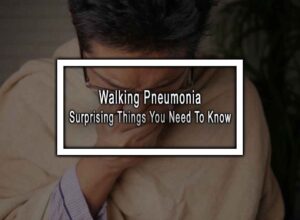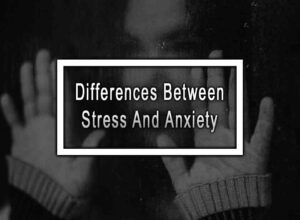Table of Contents
ToggleDiscover the Unexpected Benefits of Antidepressants for Mental Health
In today’s fast-paced world, mental health has become a major concern for many. With the increased awareness about depression and anxiety, more individuals are seeking treatment options. Antidepressants have emerged as one of the most commonly prescribed medications for these conditions. However, their benefits extend beyond just treating symptoms. In this listicle, we bring you an intriguing compilation of 10 surprising ways antidepressants positively impact mental health.
1. Improved Mood and Overall Well-being
When serotonin levels are low, it can lead to feelings of sadness and loss of interest. Antidepressants work by increasing the availability of serotonin in the brain, promoting a more positive mood and enhancing overall well-being.
2. Energy Reinvestment
Antidepressants like SSRIs (Selective Serotonin Reuptake Inhibitors) stimulate the brain’s neural pathways, leading to improved energy levels and increased motivation to accomplish daily tasks.
3. Enhanced Cognitive Function
By regulating neurotransmitters such as norepinephrine and dopamine, antidepressants assist in reducing brain fog, promoting sharper cognitive abilities, and enhancing focus.
4. Sharpening Coping Mechanisms
Antidepressants work by modulating brain chemistry, enabling better emotional processing, and equipping individuals with enhanced coping skills to manage challenging situations effectively.
5. Restoring Sleep Patterns
Many antidepressants help regulate sleep disturbances associated with depression, allowing individuals to achieve better sleep patterns, resulting in improved overall cognitive function and mood stability.
6. Balancing Appetite and Weight
Certain antidepressants assist in controlling appetite, which can help individuals maintain a healthier weight and establish a positive relationship with food.
7. Decreasing Social Anxiety
Antidepressants can significantly reduce social anxiety symptoms, enabling individuals to feel more comfortable engaging in social situations and forming meaningful connections.
8. Pain Management
Some antidepressants, such as SNRIs (Serotonin-Norepinephrine Reuptake Inhibitors), can effectively alleviate the chronic pain that often accompanies depression, improving the overall quality of life.
9. Protecting Against Recurrent Episodes
Antidepressants, when used for an appropriate duration, can reduce the risk of experiencing future depressive or anxiety episodes, offering individuals long-term protection and stability.
10. Improving Relationships
By alleviating symptoms of depression and anxiety, antidepressants can help individuals rebuild and enhance relationships, fostering a more supportive and fulfilling social environment.
Conclusion
Antidepressants have proven to be invaluable tools in the realm of mental health treatment. While they primarily target depression and anxiety, their positive impact extends far beyond managing symptoms. From enhancing mood and cognition to promoting restful sleep, appetite regulation, and improved relationships, antidepressants offer a comprehensive approach to achieving overall mental well-being. Always consult with a healthcare professional for personalized advice and guidance regarding antidepressants.
Antidepressants FAQ
Here are the most common questions about antidepressants.
1. How do antidepressants work?
Antidepressants increase the availability of certain neurotransmitters, such as serotonin, norepinephrine, and dopamine, in the brain. This helps improve communication between brain cells and ultimately improves mood and reduces symptoms of depression.
2. What are the different types of antidepressants?
There are several classes of antidepressants, including selective serotonin reuptake inhibitors (SSRIs), serotonin-norepinephrine reuptake inhibitors (SNRIs), tricyclic antidepressants (TCAs), and monoamine oxidase inhibitors (MAOIs). Each class works differently on neurotransmitters.
3. Are antidepressants addictive?
No, antidepressants are not addictive. However, some people may experience withdrawal symptoms when stopping the medication abruptly. It is usually recommended to gradually reduce the dosage under medical supervision.
4. How long does it take for antidepressants to work?
It can take several weeks for antidepressants to start having an effect. It varies from person to person, and the specific medication being used. It usually takes at least 4-6 weeks to observe significant improvements.
5. What are the potential side effects of antidepressants?
Side effects vary depending on the specific medication, but common side effects may include nausea, dizziness, drowsiness, weight gain, and sexual dysfunction. It’s important to discuss potential side effects with a healthcare provider.












